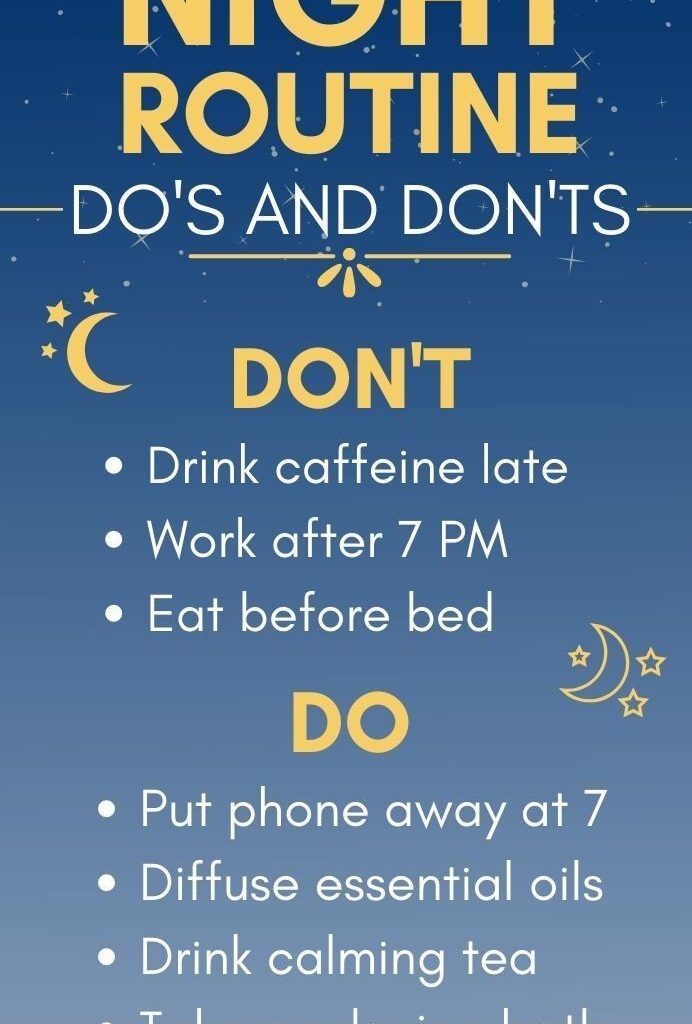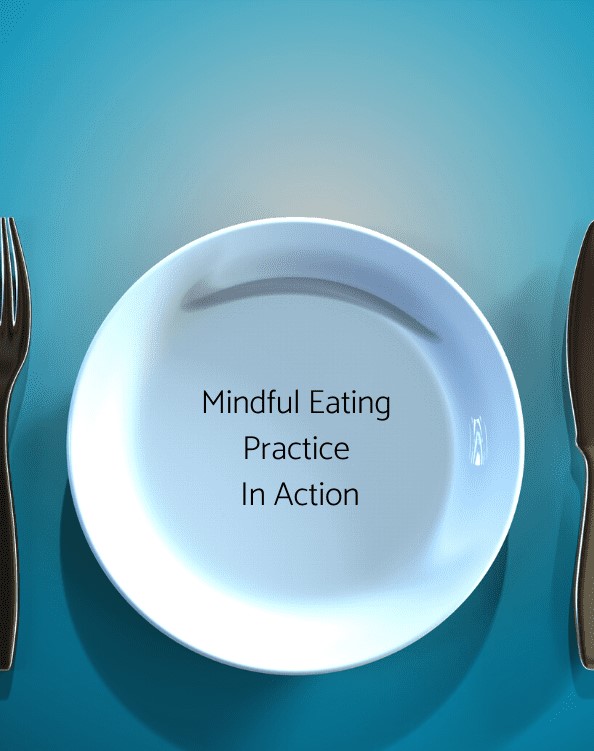In our fast-paced and hectic world, getting a good night’s sleep has become more challenging than ever. The importance of quality sleep cannot be overstated; it plays a vital role in maintaining our physical and mental well-being. If you find yourself tossing and turning at night or waking up groggy in the morning, it may be time to rethink your sleep habits. In this blog post, we’ll explore ten tips for getting a good night’s sleep and reaping the numerous benefits it offers.
1. Establish a Consistent Sleep Schedule

Your body has a natural internal clock known as the circadian rhythm, which regulates your sleep-wake cycle. To optimize your sleep, aim to go to bed and wake up at the same time every day, even on weekends. This helps regulate your body’s internal clock, making it easier to fall asleep and wake up feeling refreshed.
2. Create a Relaxing Bedtime Routine

Engaging in calming activities before bed can signal to your body that it’s time to wind down. This could include reading a book, taking a warm bath, practicing relaxation techniques like deep breathing, or doing some gentle stretches. Avoid stimulating activities like watching intense TV shows or using electronic devices with bright screens, as they can interfere with your ability to fall asleep.
3. Make Your Sleep Environment Comfortable

Your sleep environment plays a significant role in the quality of your sleep. Ensure your bedroom is cool, dark, and quiet. Invest in a comfortable mattress and pillows that support your body well. Consider blackout curtains if outside light is a problem, and use earplugs or a white noise machine to block out unwanted sounds.
4. Limit Exposure to Screens Before Bed

The blue light emitted by screens on smartphones, tablets, and computers can interfere with your sleep by suppressing the production of melatonin, a hormone that regulates sleep. Try to avoid screens at least an hour before bedtime, or use blue light filters if you must use them.
5. Watch Your Diet

What you eat and drink can affect your sleep. Avoid large meals, caffeine, and alcohol close to bedtime. These substances can disrupt your sleep patterns and make it harder to fall asleep or stay asleep throughout the night. Instead, opt for a light, healthy snack if you’re hungry before bed.
6. Get Regular Exercise

Regular physical activity can promote better sleep, but try to avoid strenuous workouts close to bedtime, as they can have the opposite effect. Aim for at least 30 minutes of moderate exercise most days of the week, but finish your workout at least a few hours before bedtime.
7. Manage Stress

Stress and anxiety can keep you awake at night. Practice relaxation techniques like meditation, yoga, or progressive muscle relaxation to manage stress and calm your mind before bedtime. Keeping a journal to jot down your thoughts and concerns can also help clear your mind and reduce bedtime stress.
8. Limit Naps

While short power naps can be rejuvenating, long or irregular daytime naps can interfere with nighttime sleep. If you must nap, try to keep it short (20-30 minutes) and earlier in the day.
9. Be Mindful of What You Consume

Certain substances, such as nicotine and some medications, can disrupt your sleep patterns. Consult your healthcare provider about potential alternatives if you suspect that your medication is affecting your sleep.
10. Seek Professional Help if Needed

If you’ve tried these Tips for Getting a Good Night’s Sleep and still have trouble sleeping, consider seeking professional help from a healthcare provider or sleep specialist. They can diagnose and treat any underlying sleep disorders or provide guidance tailored to your specific needs.
Conclusion
Getting a good night’s sleep is essential for your physical and mental health. By incorporating these ten Tips for Getting a Good Night’s Sleep into your nightly routine, you can improve your sleep quality and wake up feeling refreshed and ready to tackle the day. Remember, good sleep is an investment in your well-being, so prioritize it and reap the benefits of a well-rested life. Sweet dreams!

